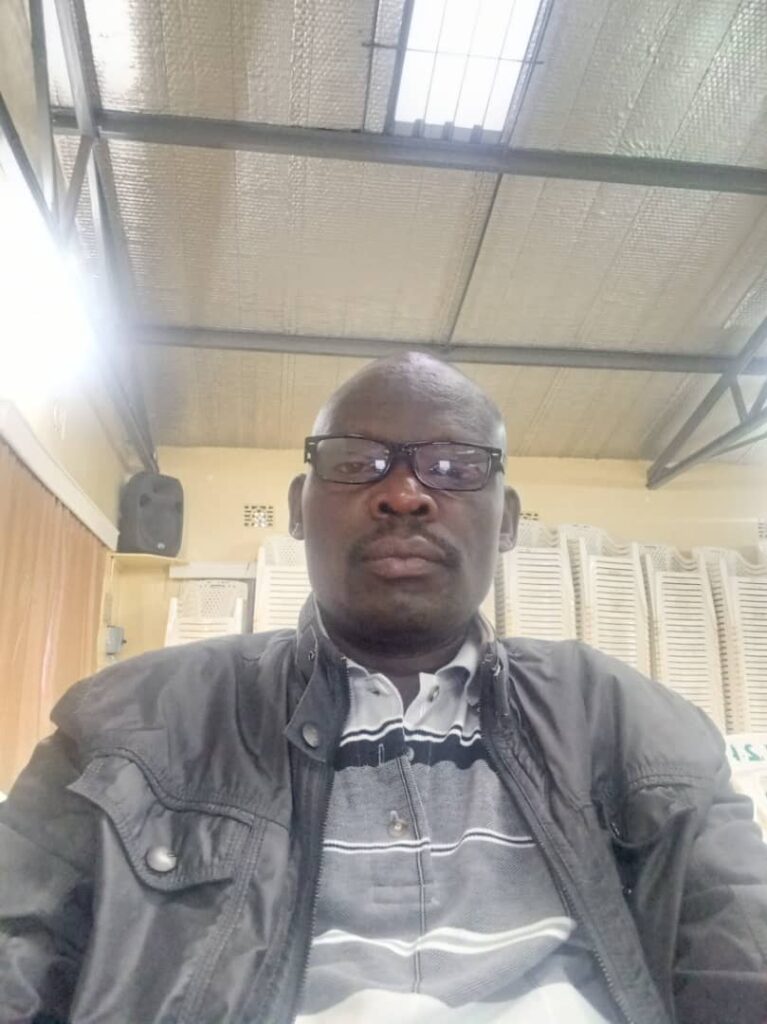Luuka: Samuel Kakyada, the former chairperson of Luuka district who has now become a preacher at Busei Christ Mission, has expressed the view that the newly signed traffic and road safety law should also apply to the presidential convoy and ministerial vehicles.
President Yoweri Museveni recently gave his assent to the Traffic and Road Safety Bill 2023, which increases the fine for motorists driving above the prescribed speed limit from shs.200,000 to shs.2m. The government aims to restore order and safety on the roads with this new legislation.
In an interview with Busoga Today, Pastor Kakyada alleges that the president’s convoy is often in violation of traffic laws, frequently driving above the speed limit, and he calls for action to be taken against them. He points out that the president’s presence on the roads often causes disruptions as other vehicles stop to make way for his convoy.
Kakyada raises the question, “If the person who signed the law travels in vehicles that exceed the speed limit, will he himself be apprehended?” He predicts that the law may favor the enforcers, namely traffic police officers, who could potentially extort bribes from offenders without taking them to court. He further alleges that the government is deploying these officers on the roads to collect money from vehicle owners.
Kakyada urges drivers to respect the law but attributes the issue of speeding to the poor state of Uganda’s roads. He argues that after enduring kilometers of potholes, drivers naturally increase their speed when they finally encounter a better road surface in order to make up for lost time.
The former district chairperson criticizes lawmakers who pass legislation only to violate it later, urging them to refrain from betraying the trust placed in them by the people who elected them.
However, Kakyada also advises Ugandans to put an end to the growing trend of DNA testing. He believes that DNA tests can lead to marital separations and family divisions, indicating a lack of trust and moral decline among people who have abandoned traditional values.
In response to the DNA testing controversy, both the police and children’s rights activists have cautioned Ugandan men against this practice, highlighting that it infringes upon children’s rights and has the potential to negatively impact their future.
As Uganda grapples with an economic crisis and a high population growth rate, Kakyada suggests that some women may resort to giving their children to wealthy men for education, leading to a situation where DNA testing may become relevant in the future. He advocates for traditional methods of raising children without discrimination as a means to address this issue.
It remains to be seen how these various perspectives will shape the implementation and impact of the recently passed traffic and road safety law in Uganda.




